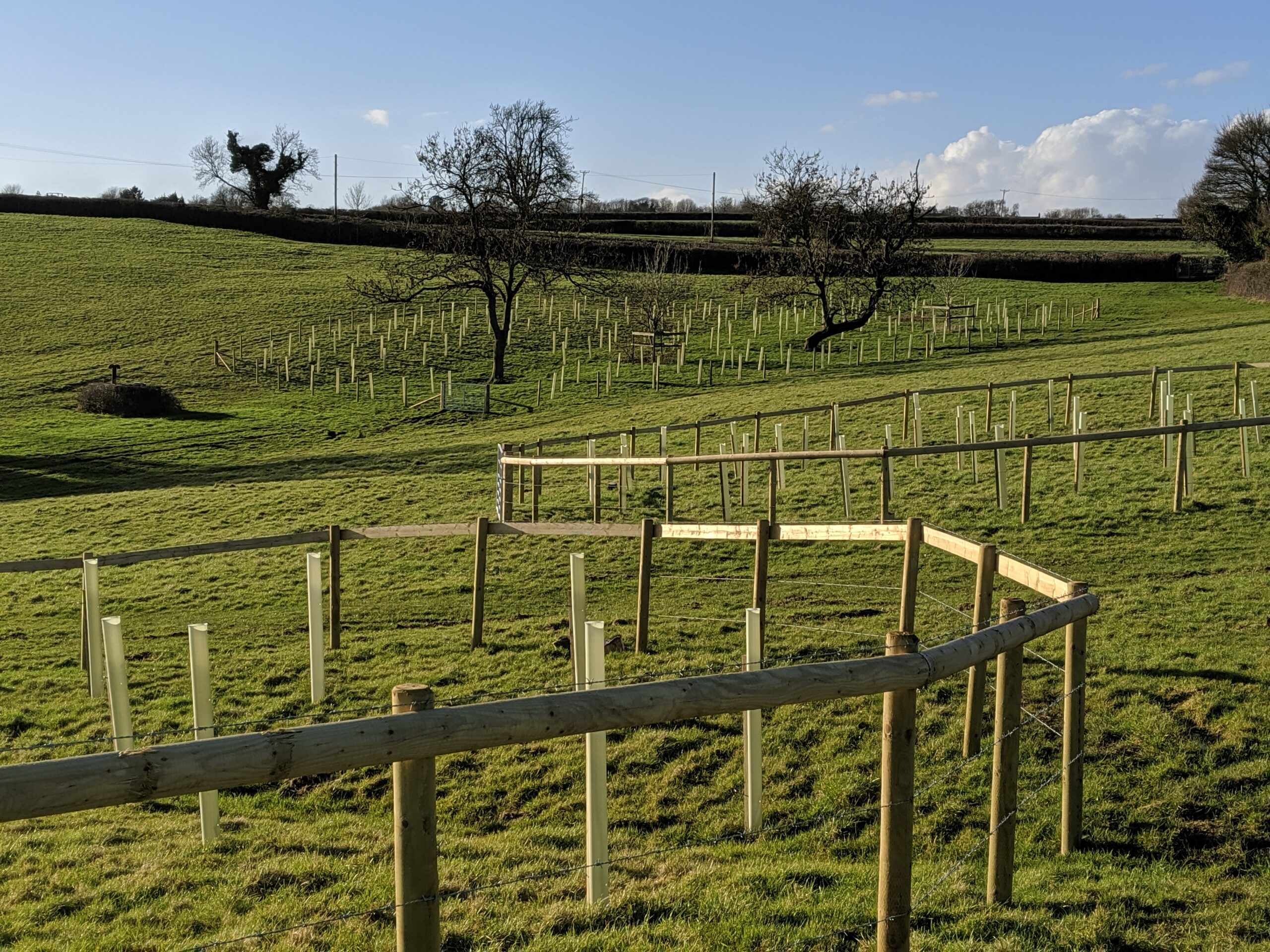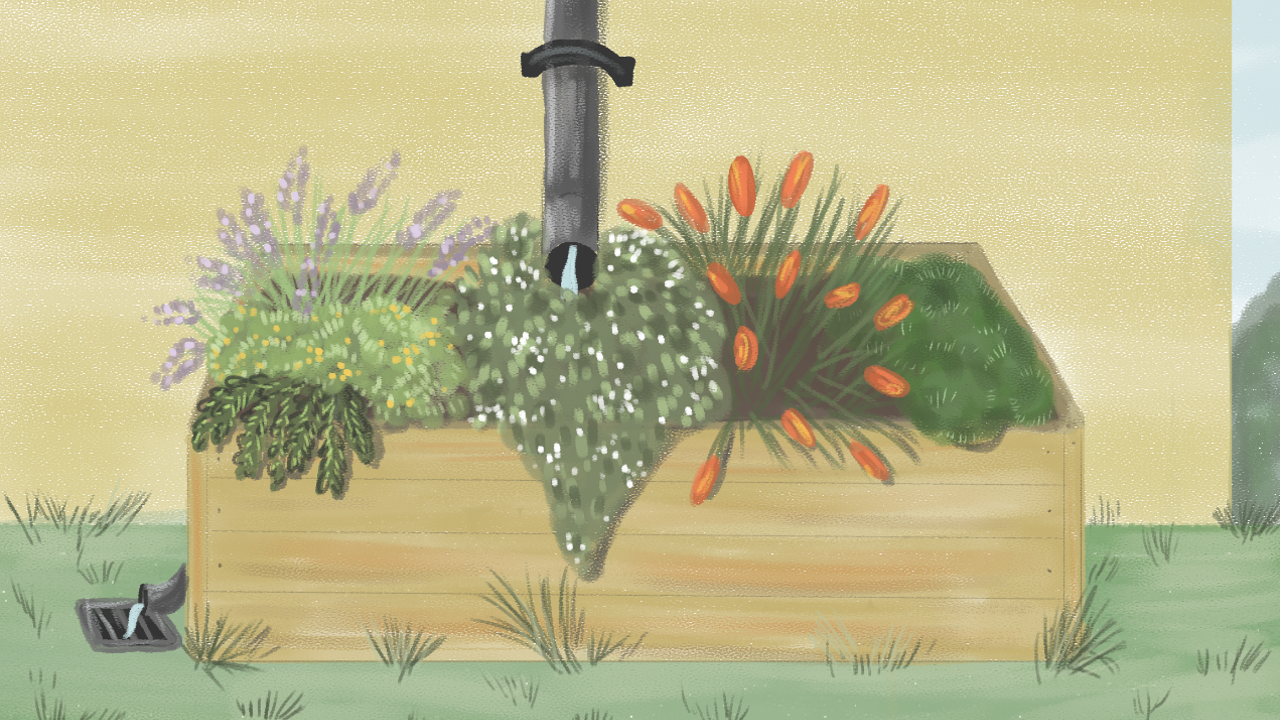BART strongly advocate for the application of nature-based solutions to the multitude of problems our local communities face. Nature-based solutions are practical measures that work with – not against – natural processes and systems and can provide multiple benefits to both urban and rural environments, their human residents and wildlife.
Nature-based solutions are measures, strategies or technologies which harness the benefits of ecosystems to mitigate the impacts that human activity would have on the environment.
These green solutions to local issues can provide alternatives to, or work alongside, grey, or engineered, solutions.
We work with communities, local authorities, landowners, businesses and other environmental organisations to design and implement nature-based solutions at a local and catchment scale. The measures we implement have an accumulative impact on water quality, surface water attenuation and biodiversity in urban and rural environments and deliver wider benefits to people and places in the face of rapid change.





